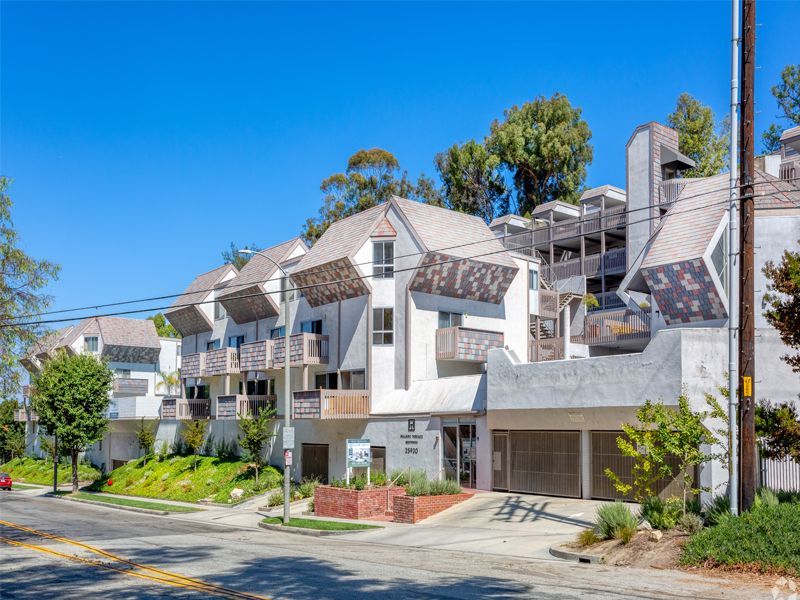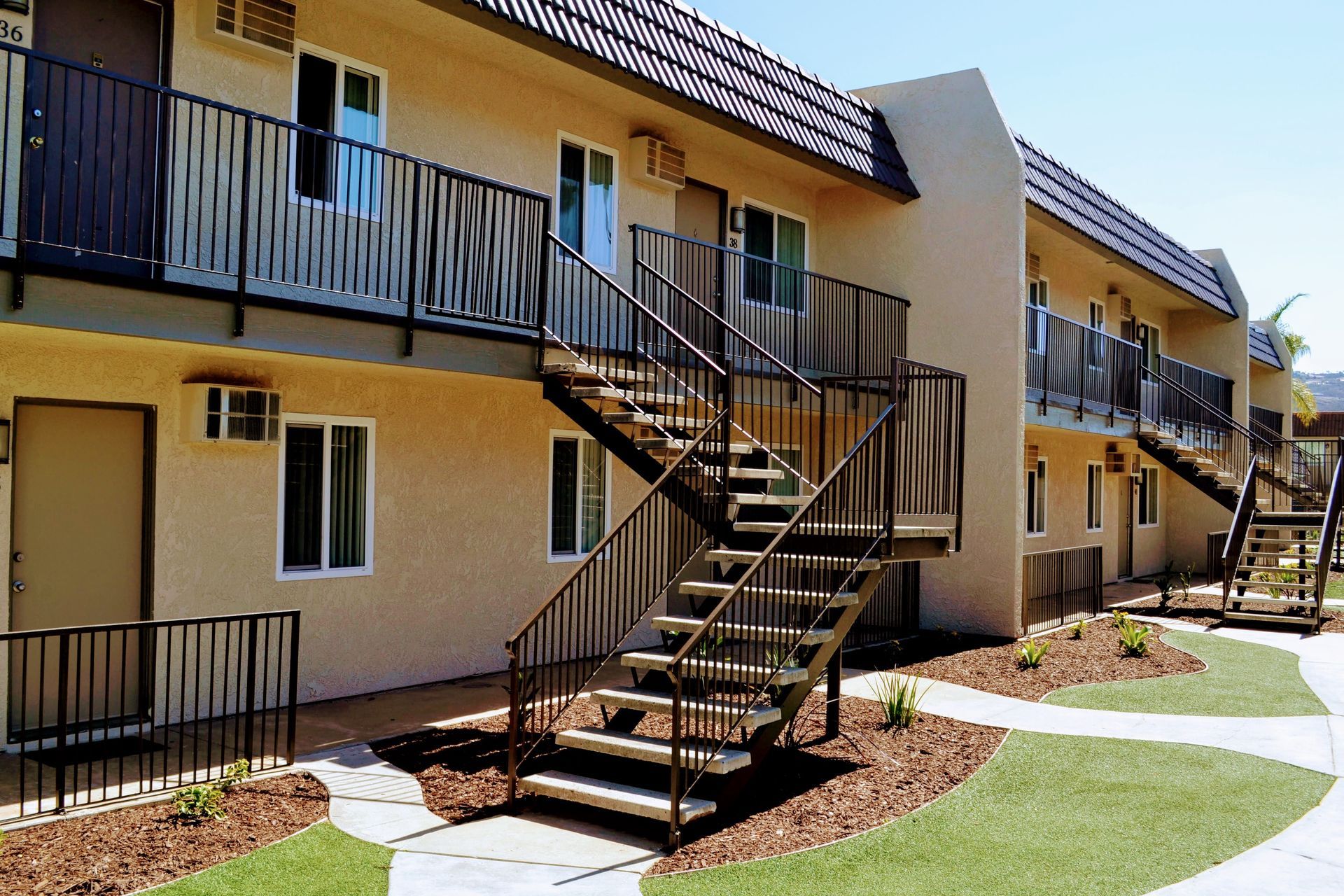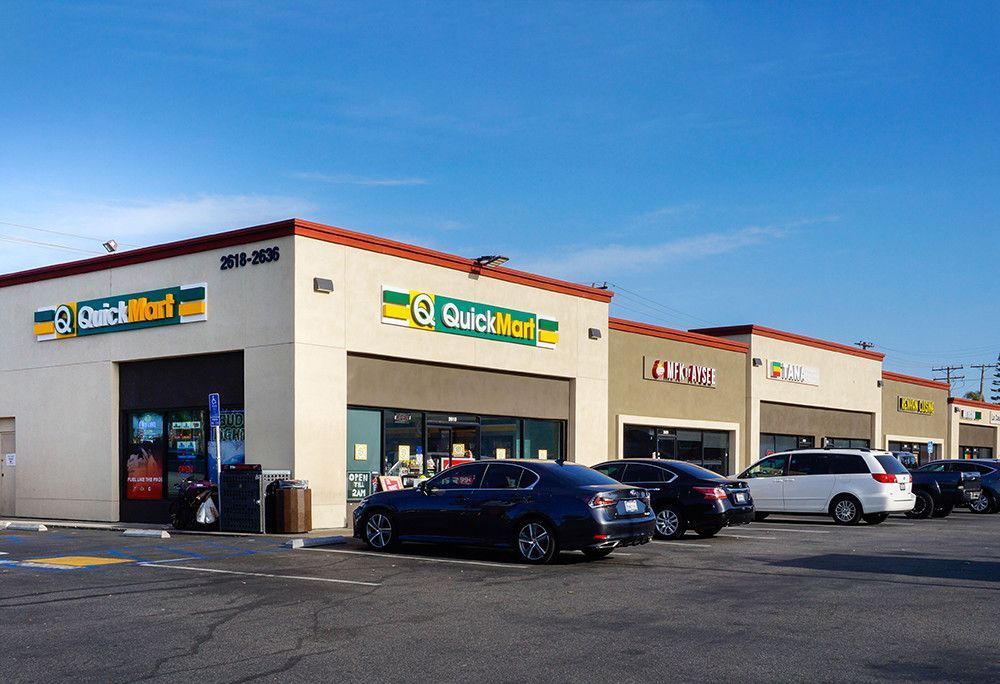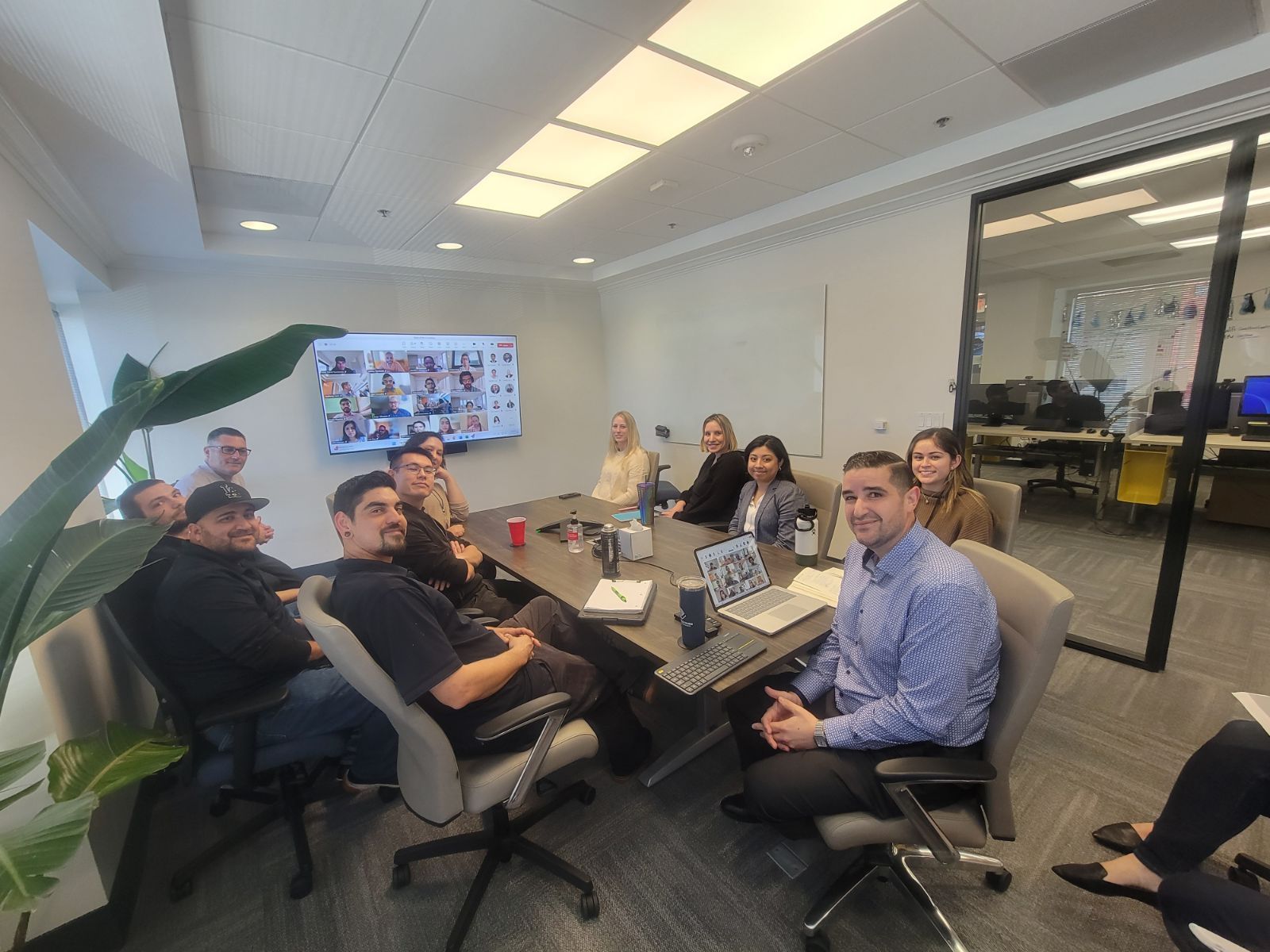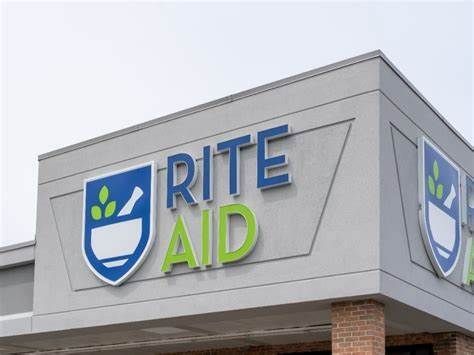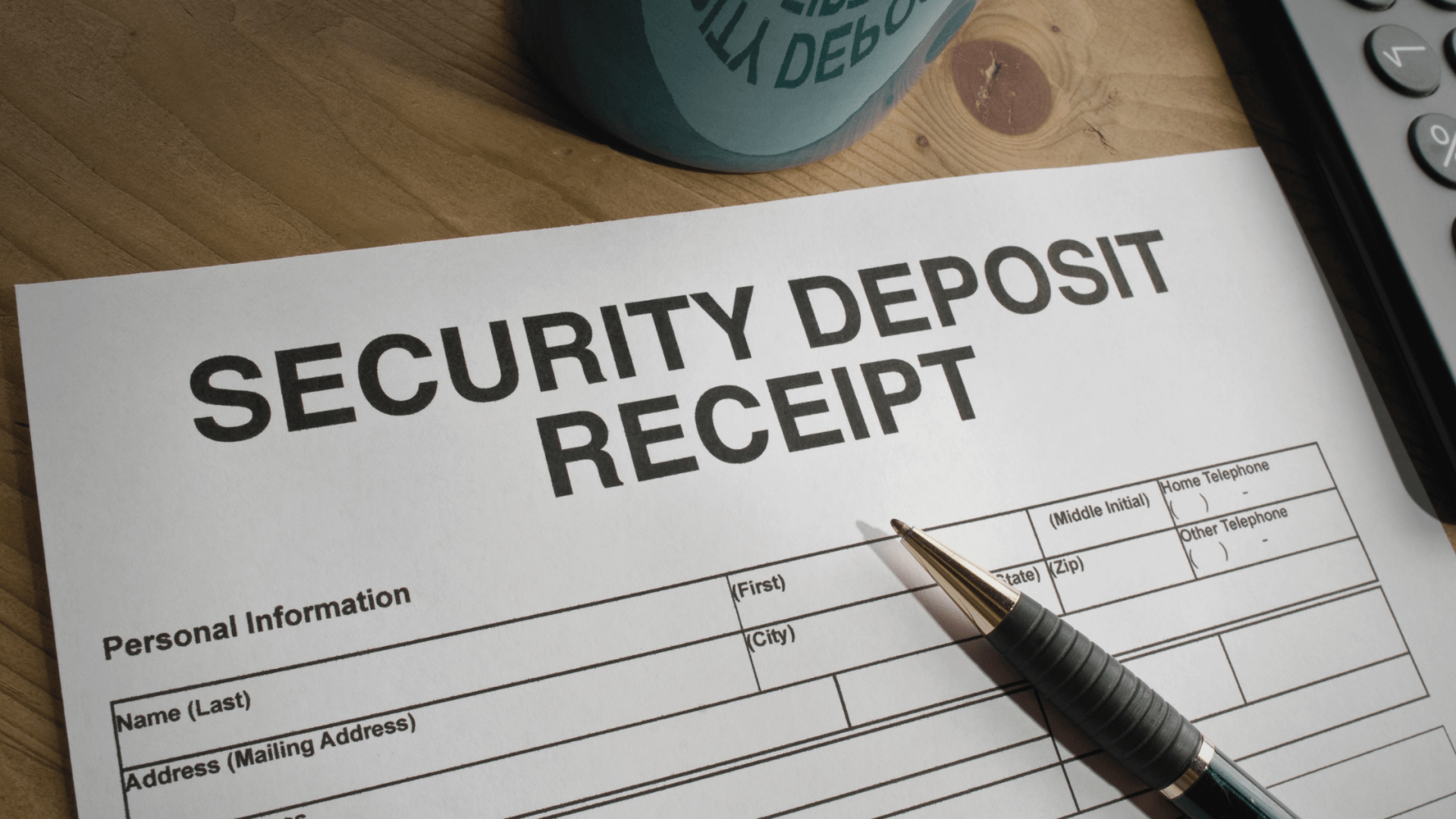CAM Reconciliation Process
Even as the economy shifts toward a post-pandemic world, commercial real estate investing continues to be a rewarding industry. That is mainly because these intelligent investors have figured out an efficient way for their money to make them more money. However, success in commercial real estate investing does not simply mean owning properties but rather managing them effectively. Part of good property management is understanding the CAM reconciliation process, how it works, and why it is so important to the bottom line.
What is CAM reconciliation?
In commercial real estate investing, it takes money to make money. The reality is that commercial properties have common areas that require continuous upkeep. Think about cleaning and security fees, trash and snow removal, landscaping and lawn care, parking lot and sidewalk repair, and other miscellaneous expenses—all of which are part of commercial real estate common area maintenance, or CAM.
Someone has to pay for that common area maintenance. For most commercial properties, it is written into the tenants’ leases that they will pay a prorated share of those CAM costs, based on the square footage of their space, which is a separate cost from their monthly base rent. Property managers, based on experience or prior years’ financial data, will estimate the total CAM costs for the year and then collect tenant payments monthly.
The CAM reconciliation process begins at the end of the year. It is the responsibility of the property manager to tally the full CAM costs for the year along with how much tenants have paid toward those CAM costs. If the tenants have underpaid for CAM, it is the property manager’s job to calculate the remaining balance and collect additional payment from the tenants. Conversely, if the tenants have paid more than the total CAM expenses, then the property manager must reimburse them accordingly.
Why is the CAM reconciliation process so important?
The CAM reconciliation process can be time-consuming and typically runs through the first quarter of each year. This is why many property managers neglect the CAM reconciliation process—the tedious labor involved is too straining on daily business operations. But failing to prioritize CAM reconciliation can lead to financial distress. Even seemingly small losses can quickly turn into major losses.
Let’s use an example. In a property where all the tenants lease roughly the same size spaces, you have collected $5,000 per tenant throughout the year, based on a previous estimation. Through CAM reconciliation, you realize that each tenant actually owed $6,000, a difference of $1,000. Multiply that thousand by the total number of tenants, and you have a several-thousand-dollar loss on your hands. If that were to occur on a yearly basis, what may seem like a minor hit compounds into a detrimental situation.
Doing the due diligence of CAM reconciliation is vital to the long-term success of commercial properties. If you own or manage commercial properties, or if you are looking to break into commercial real estate investing, you owe it to yourself (and your bottom line) to prioritize the CAM reconciliation process.
For more information about CAM reconciliation, check out George and Anthony’s full conversation on YouTube.
Property Management Made Easy
Contact Us - Contact Page
We will get back to you as soon as possible
Please try again later
Los Angeles
1411 W. 190th St.,
Suite 225
Los Angeles, CA 90248
Temecula
41743 Enterprise Circle N.,
Suite 207
Temecula, CA 92590

P.O. BOX #1489
TORRANCE, CA 90505
